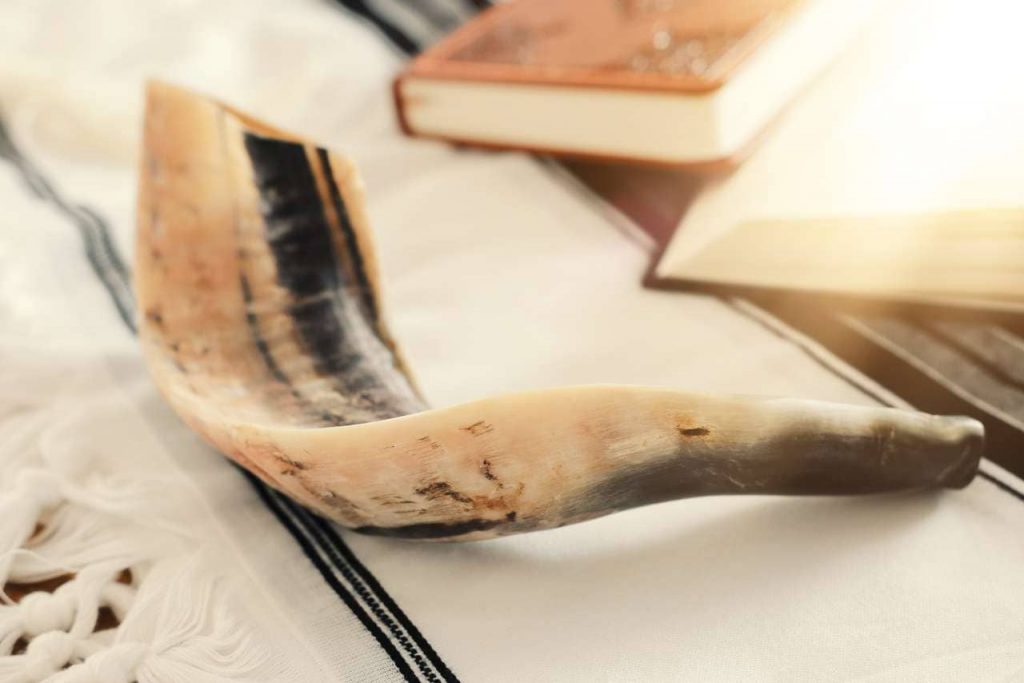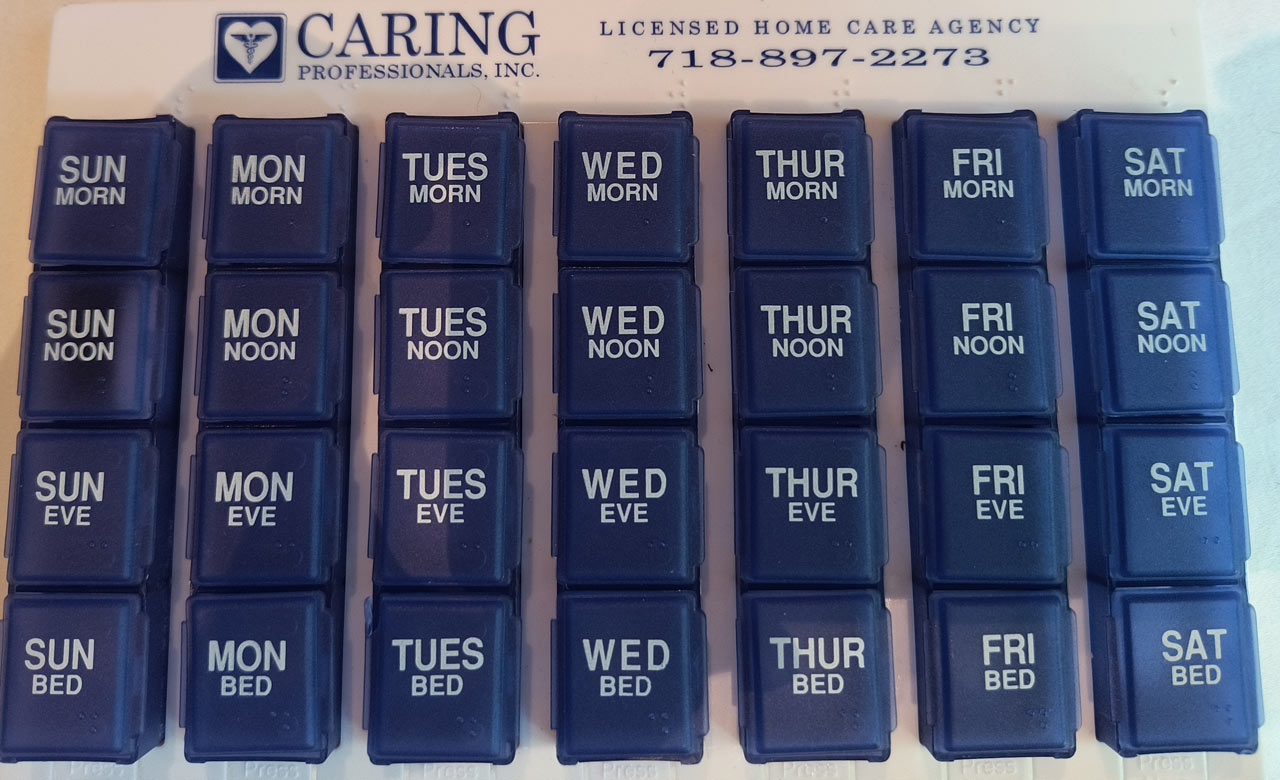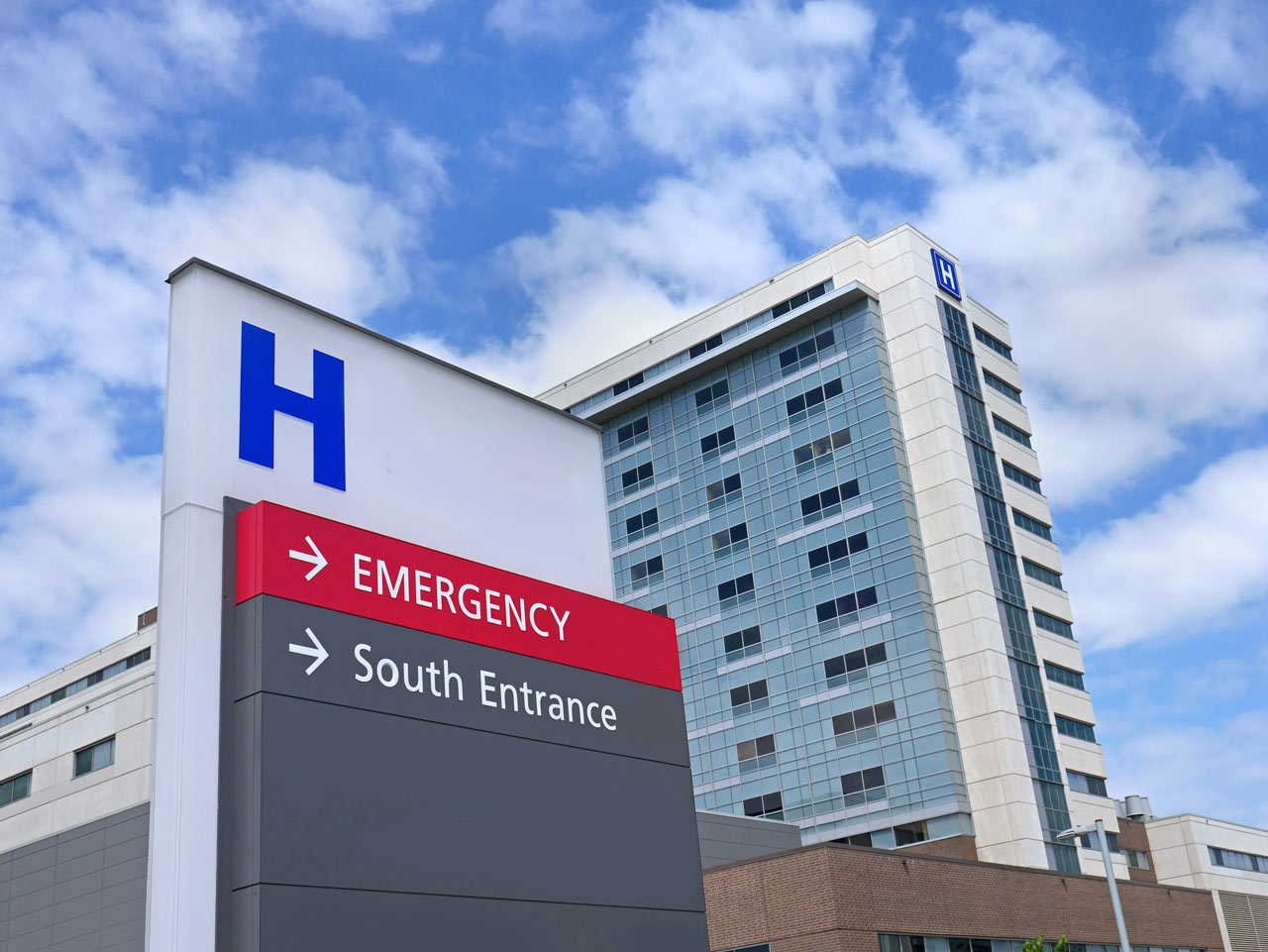A Yom Kippur with a Difference
Here’s what to think about this year as Yom Kippur looms
A Yom Kippur with a Difference
The most solemn day of the Jewish calendar will be different for all Jewish people this year. This will be especially true for seniors. Here’s what to think about this year as Yom Kippur looms.
Yom Kippur is traditionally observed by spending the day in the synagogue in prayer while fasting. It is considered the day of judgment for the year, when final decisions are made by G-d on health, finances, life, and all crucial matters. It is a day with several restrictions and traditions so it’s important to have your senior ready on many levels.
First, discuss with the doctor what medications your senior will take on that day and how to take them. Most doctors will not advise their seniors to fast but traditionally, those who don’t fast eat tiny portions of food several times during the day. Medication and hydration are critical for your senior’s health; make sure you get instructions from the doctor on these matters so that the senior will not resist. The fast officially begins at nightfall the night before and runs about 25 hours.
Yom Kippur Eve is a day when Jews eat two festive meals, one early in the day, and one just before the fast begins. It is traditional to eat chicken soup, kreplach (dumplings), tsimmes (a carrot stew), and challah bread and honey. For dessert, a honey cake will be a familiar food. Make sure that not only is the food prepared, but the table is set with nice dishes and a festive tablecloth. This will keep things the same as previous years and give your senior a sense of familiar continuity.

Prepare candlesticks, regular candles and a special yizkor candle for lighting just before nightfall. On Yom Kippur, Jews say a prayer of remembrance for immediate family members who have passed away. They also light a candle for the soul of the person before the holiday begins, when they light the traditional holiday candles. The service includes the yizkor memorial prayer which can also be said at home.
Every year, many people who cannot come to the synagogue for the day-long prayers will come at the most important times during Yom Kippur. These are: the beginning of services at the start of Yom Kippur (called Kol Nidre), the yizkor service (midday), and the final service at dusk called Neilah. It is most likely that your senior will not attend services in a synagogue at all this year but s/he may want to participate briefly during these important prayers from outside where it will be safer. Make sure you have guidance from the patient’s doctor on what is safe for the senior this year.
Prepare non-leather shoes for your senior to wear on Yom Kippur and white clothing. Make sure that s/he has a Yom Kippur prayer book.
Expect holiday phone calls for your senior on Yom Kippur Eve so allow extra time during the day. Family members and friends will call with seasonal wishes and greetings.
It will be a long day for your senior. Plan accordingly but do not bring in music, TV, or outside entertainment. Your senior will want to be serious and undisturbed on this solemn holy day.







